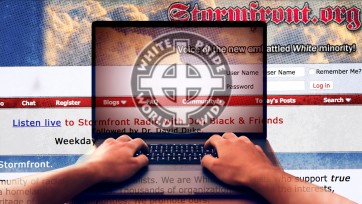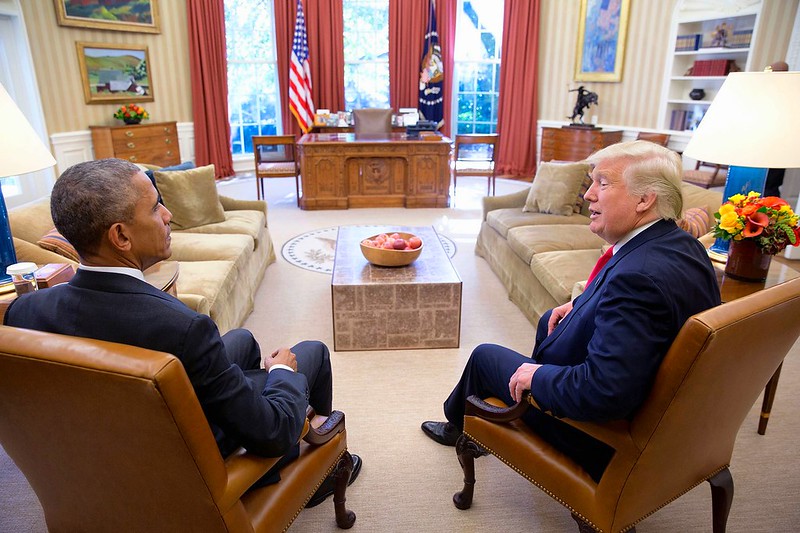stormfront
Blog
Differentiating Online Posting Behaviors of Violent and Nonviolent Right-Wing Extremists
June 22, 2022This article summarizes a recent study published in Criminal Justice Policy Review. By Ryan Scrivens, Thomas W. Wojciechowski, Joshua D. Freilich, Steven M. Chermak, and Richard Frank There is an ongoing need for researchers, practitioners, and policymakers to detect and assess online posting behaviors of violent extremists prior to their engagement in violence offline, but ...
Blog
Examining Online Indicators of Extremism Among Violent and Non-Violent Right-Wing Extremists
April 13, 2022This article summarizes a recent study published in Terrorism and Political Violence. By Ryan Scrivens Although there is an ongoing need for law enforcement and intelligence agencies to identify and assess the online activities of violent extremists prior to their engagement in violence offline, little is empirically known about their online posting patterns generally or ...
Blog
Comparing the Online Posting Behaviors of Violent and Non-Violent Right-Wing Extremists
April 28, 2021This article summarises a recent study published in Terrorism and Political Violence. By Ryan Scrivens, Thomas W. Wojciechowski, Joshua D. Freilich, Steven M. Chermak, and Richard Frank Despite the ongoing need for researchers, practitioners, and policymakers to identify and assess the online activities of violent extremists prior to their engagement in violence offline, little is ...
Blog
Triggered by Defeat or Victory? Assessing the Impact of Presidential Election Results on Extreme Right-Wing Mobilisation Online
September 30, 2020This article summarizes a recent study published in Deviant Behavior. By Ryan Scrivens, George W. Burruss, Thomas J. Holt, Steven Chermak, Joshua D. Freilich, and Richard Frank Research has overwhelmingly found that central offline events influence online activity and highlight an important interaction between people’s on- and offline worlds. Less, however, is known about the ...
Blog
Don’t (Just) Blame Echo Chambers. Conspiracy Theorists Actively Seek Out Their Online Communities
December 4, 2019By Colin Klein, Adam Dunn, Peter Clutton Why do people believe conspiracy theories? Is it because of who they are, what they’ve encountered, or a combination of both? The answer is important. Belief in conspiracy theories helps fuel climate change denial, anti-vaccination stances, racism, and distrust of the media and science. In a paper published ...




